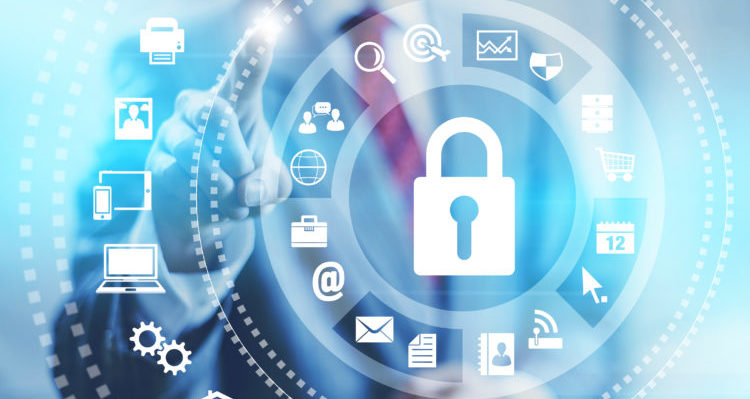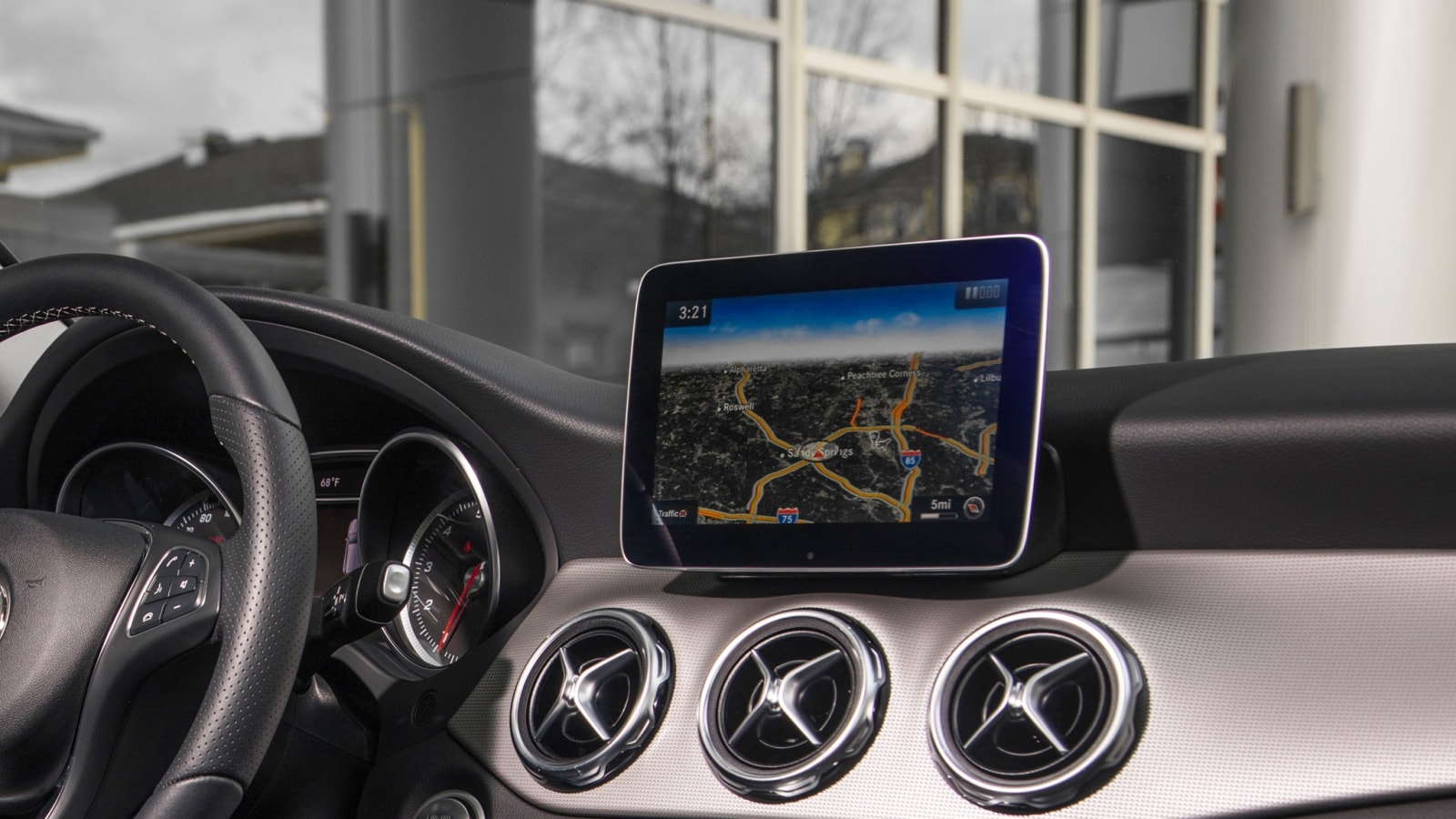In the ever-evolving landscape of the 21st century, the rapid advancement of technology has become an integral part of our daily lives, transforming the way we communicate, work, and live. From artificial intelligence to the Internet of Things (IoT), modern technology has not only revolutionized industries but has also shaped the way societies function. c.
- Artificial Intelligence (AI): AI has emerged as a game-changer, bringing forth capabilities that were once thought to be the stuff of science fiction. Machine learning algorithms enable computers to learn from data and make decisions, paving the way for applications such as virtual assistants, image recognition, and autonomous vehicles. As AI continues to evolve, its impact /arizonaupdate.com/ on industries like healthcare, finance, and manufacturing is undeniable.
- Internet of Things (IoT): The interconnected world of IoT has connected devices, from smart thermostats to wearable fitness trackers, creating a seamless web of data exchange. This connectivity not only enhances efficiency but also provides valuable insights for businesses and individuals alike. Smart homes, cities, and industries are becoming a reality, promising a more connected and convenient future.
- Blockchain Technology: Blockchain, the underlying technology of cryptocurrencies like Bitcoin, has found applications beyond the financial sector. Its decentralized and secure nature makes it suitable for various purposes, such as supply chain management, healthcare data security, and even voting systems. The potential for transparent, tamper-proof record-keeping is reshaping industries and ensuring trust in transactions.
- Augmented and Virtual Reality (AR/VR): AR and VR technologies are not limited to the realm of gaming; they have found applications in education, healthcare, and business. From immersive training simulations to virtual museum tours, these technologies are changing the way we experience the world. As hardware and software continue to advance, the potential for AR and VR in everyday life is boundless.
- 5G Technology: The rollout of 5G networks has ushered in a new era of connectivity, providing faster and more reliable internet speeds. Beyond faster downloads, 5G enables the development of technologies like autonomous vehicles, remote surgery, and smart cities. The increased bandwidth and reduced latency open the door to a plethora of innovations, shaping the digital landscape for years to come.
- Biotechnology and Genomics: Advancements in biotechnology and genomics have unlocked new possibilities in healthcare, agriculture, and beyond. CRISPR gene editing technology, for example, has the potential to revolutionize medicine by allowing for precise genetic modifications. The decoding of the human genome has led to breakthroughs in understanding and treating diseases, paving the way for personalized medicine.
Conclusion:
As we navigate the complexities of the modern technological landscape, it is evident that these advancements are not just about convenience or entertainment. They have the power to solve global challenges, improve healthcare outcomes, enhance efficiency in industries, and create a more connected and sustainable world. Embracing and understanding these technologies is key to unlocking their full potential and ensuring a future shaped by innovation and progress.





_3-6.jpg)



